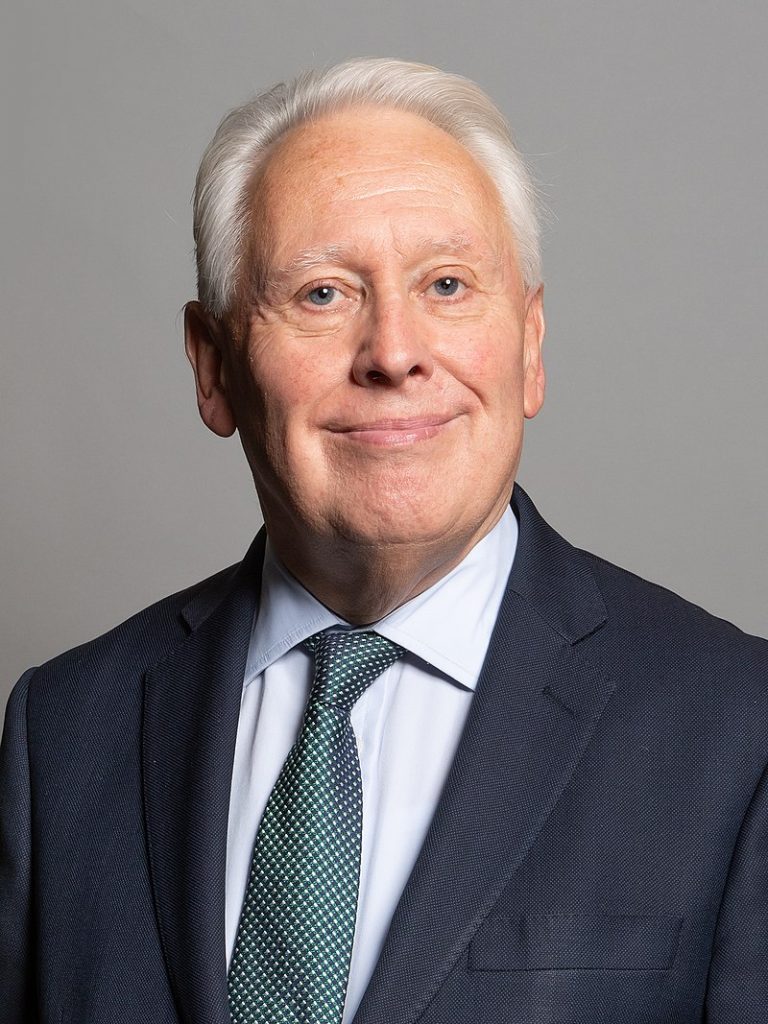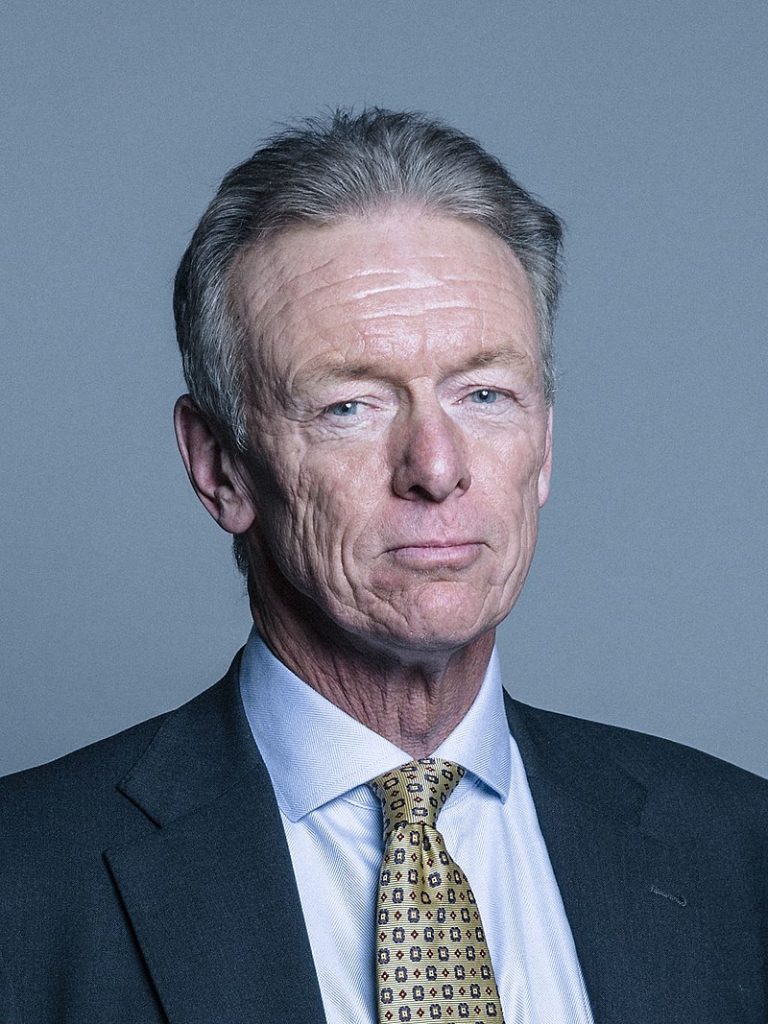The Policeman and The Lawyer
Two public servants: both in the autumn of their careers; both “Sirs“; both in the legislature; both facing important decisions. How are they approaching this and how are they being treated?
The first is Bernard Hogan-Howe, Commissioner of the Metropolitan Police, between 2011 and 2017. His time as Met Commissioner was not, it is fair to say, an unalloyed success. During his time in office, the Met launched two high-profile investigations into sex abuse cases: Operation Yewtree and Operation Midland. Both resulted in a catalogue of serious investigative and legal mistakes, causing great harm to others. These were not minor errors either: as the Henriques report into Operation Midland pointed out, there were 43 failings, including obtaining search warrants on the basis of false evidence, about as serious a failure as it is possible to have by investigating officers. None of those involved in this were disciplined. Hogan-Howe was in charge but refused to take responsibility by claiming that he could not be expected to know everything that was going on, then refusing to apologise, then finally and grudgingly apologising before stating in a later interview that the whole investigation was a very difficult time for him. Now who does that remind you of?
It wasn’t just a difficult time for him. Those wrongly accused and their wives had a pretty wretched time of it. Harvey Proctor was finally paid £900,000 by the Met in compensation for his treatment. Met officers were not exactly enamoured of their boss either: in 2014 60% of the respondents to a staff survey said they had no confidence in the Met’s senior leadership. None of this made any difference to his rise. After retirement he was given a sinecure as a non-executive director of the Cabinet Office. He kept himself busy, though, by stating in 2019 during Boris’s campaign to become Tory leader and PM, that Boris was “honourable” and “loyal“. (The idea of Boris being loyal brings to mind Richard Rich in A Man for All Seasons saying to Thomas More: “I would be faithful” to which the reply is “You couldn’t answer for yourself even so far as tonight.” Delightful to think of an experienced policeman being quite so credulous). There was a time when the police did not take overtly party political stances. Long gone, it seems. Still, since reviving ancient quaint customs now seems to be the Tory government’s main policy, perhaps we could revive this one and toast it with a yard of ale.
Now the role of head of the National Crime Agency – intended to investigate serious crimes, such as … er … child sex abuse, is open. The interview panel did not put him forward to the final two, understandably one might think, given his record. But the PM has allegedly intervened to get the process run again and have Hogan-Howe as one of the finalists. According to the Times, Hogan-Howe is coyly refusing to say whether he will apply again while one of the other defeated candidates, Neil Basu, is demanding to know why he did not get the job. It is not just Bullingdon Boys who have an inflated sense of entitlement, it seems. Perhaps all this playground shrieking could be solved by giving Cressida the job. She’s at a loose end now and it’s not as if competence, a sense of honour or leadership skills are required. She knows the PM. What else is there to be said.
So to the lawyer and MP (a Tory) – Sir Bob Neill, a barrister and Chair of the Justice Select Committee. In this latter role, he has been indefatigable in arguing for a properly funded justice system, for properly funded legal aid, for Ministers to comply with the law. He has pointed out repeatedly that Crown Court delays – caused by persistent and significant under-funding – are now causing “significant injustice“. It was his question to Brandon Lewis, the Northern Ireland Secretary, about the Internal Markets Bill which elicited the response about breaking the law “in a very specific and limited way“. And he has now, following the publication of the Sue Gray report, stated publicly that the law applies to everyone equally, that those who make the law have a particular responsibility to comply with it and that trust – in the PM and in the political process – is the most important commodity there is. Not just in politics, Bob. He wants a change of leader. He’s not likely to get many invitations to No 10 parties or the PM intervening to get him a job for which he is not suitable and for which he has already been rejected. I expect he’ll bear this cross bravely.
We seem to have too many in public life like Hogan-Howe, too few like Bob Neill. It says something about our police that so many of the candidates for its leadership roles are so flawed. It says something about our current government that the PM seems more concerned with interfering in what are meant to be independent and robust interview processes and reintroducing old-fashioned measurements that no-one wants or needs. It says something about the Tory party that so few Tory MPs have publicly said and done what Bob Neill has said and done. So the stench gets worse.

